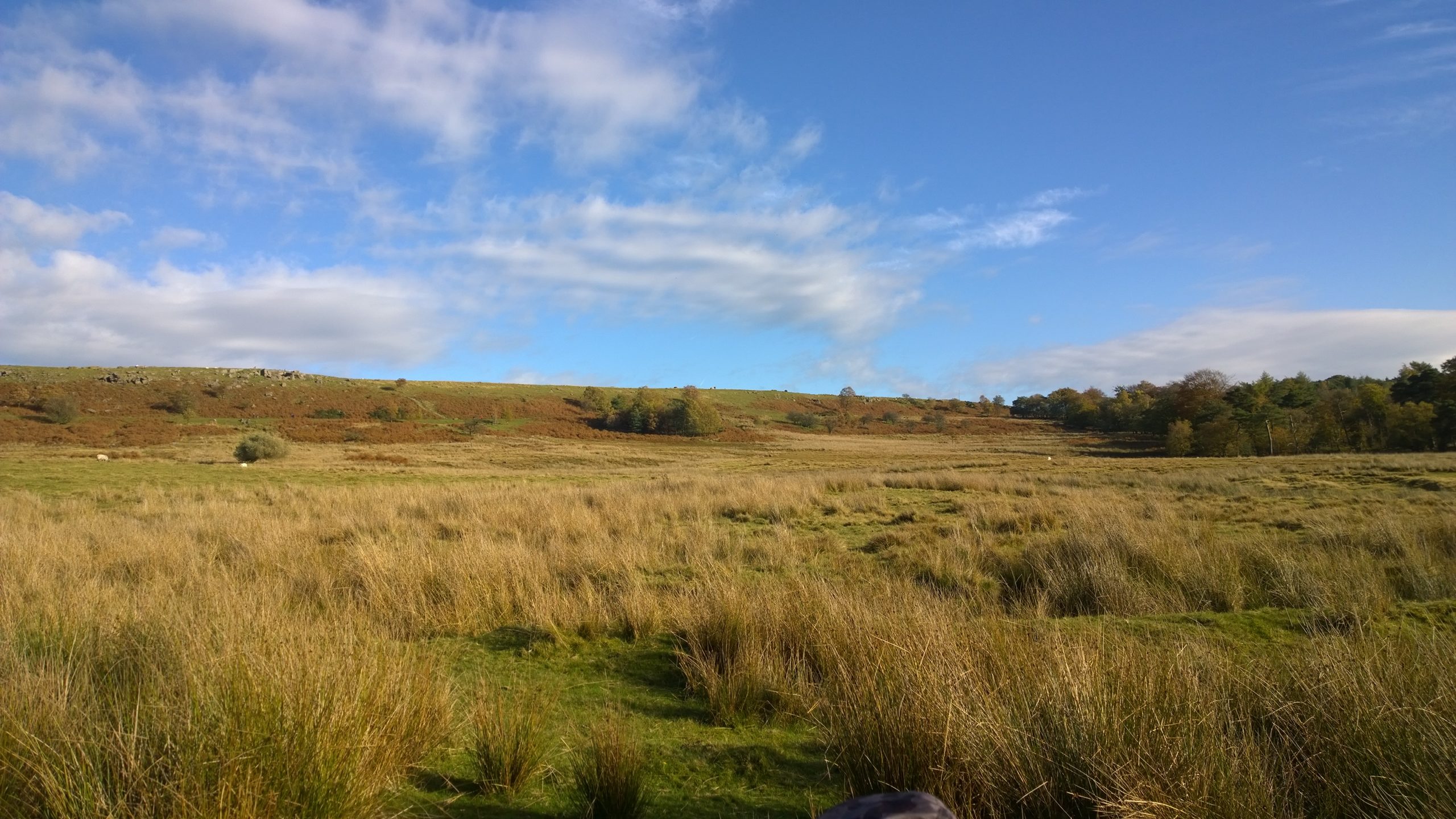Our environmental group is delighted to announce 1 fully funded and 1 fees-only funded PhD opportunities. See below and follow the links provided for further information.
Investigation of moorland management practices and carbon dynamics for climate change mitigation (fully-funded)
- Deadline: 01/02/2023 5:00PM
- Studentship code: RDS
- Staff name: Dr Cat Pschenyckyj
- Contact: C.Pschenyckyj@tees.ac.uk
- Research centre: National Horizons Centre (Biosciences)
- Start date: Successful applicants will be expected to start May or October 2023.
Peatlands are increasingly being seen as part of nature’s solutions to deal with the environmental challenges of today, from tackling climate change through to flood protection and enhancing biodiversity. However, while all peatlands provide these services, research and conservation efforts have focused largely on deep peats (>40cm depth). Therefore this project will investigate the impact of different management practices on shallow peatland carbon balances. A field campaign will enable multiple sites across the North York Moors to be surveyed and monitored for peat and pore water chemistry, microbial communities and carbon dynamics.
Above and below ground carbon stocks and biotic changes during rewilding
- Deadline: 01/02/2023 5:00PM
- Studentship code: RDS
- Staff name: Dr Ambroise Baker
- Contact: a.baker@tees.ac.uk
- Research centre: National Horizons Centre (Biosciences)
- Start date: Successful applicants will be expected to start May or October 2023.
This project will quantify changes in biodiversity, ecosystem function, carbon stocks and their interactions during the initial phases of rewilding. At the primary field site, some 66 experimental fixed plots are set up within formerly agricultural land comprising a variety of arable, improved, and natural grasslands. Rewilding was initiated in 2022, with the cessation of agricultural activities which will be followed by large herbivore re-introduction (eg hardy free-ranging cattle and pigs). The analysis will quantify ecosystem changes in time, against baseline data collected in 2021-2022, and enable an assessment of rewilding contribution notably to net-zero and nature recovery policies.
We anticipate the project to be a unique opportunity to work with a range of collaborators inside and outside academia. We are looking for candidates with a strong interest in combining biodiversity, microbiological and environmental science, to develop novel evidence contributing to the UN decade of ecosystem restoration.


